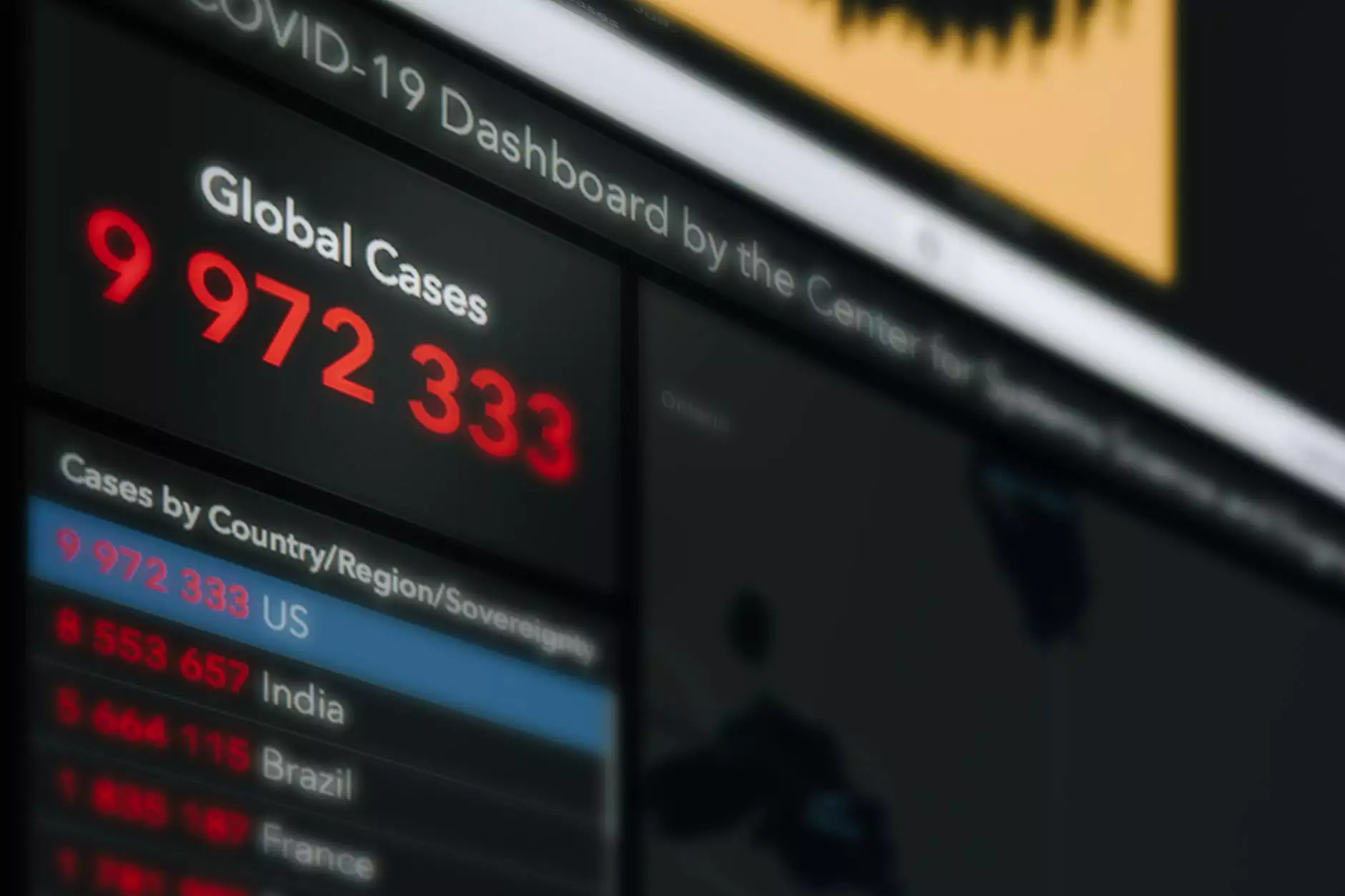Net Developers Get Started with Android - SEIRIM
Web Development & Design
Introduction
Welcome to the comprehensive guide for getting started with Android development as a .NET developer. In this article, we will explore the steps and resources you need to become proficient in creating high-quality mobile applications using Android. As the demand for mobile app development continues to grow, expanding your skill set to include Android development can greatly enhance your professional opportunities in the ever-evolving tech industry. Let's dive in!
Why Android?
Before we delve into the specifics of Android development, let's understand why it is worth considering as a .NET developer. Android is the most popular mobile operating system globally, powering millions of devices worldwide. With its open-source nature and vast user base, developing for Android provides you with a massive potential audience for your applications. Additionally, Android development allows you to leverage your existing knowledge of Java, making the transition seamless and efficient.
Essential Tools and SDK
To embark on your Android development journey, you will need to set up your development environment. The key tools you'll require are:
- Android Studio: This is the official Integrated Development Environment (IDE) for Android development. Android Studio provides a user-friendly interface, streamlined workflow, and powerful features for coding, testing, and debugging your Android applications.
- Java Development Kit (JDK): As a .NET developer, you may already be familiar with Java. Install the JDK to ensure you can run Java-based applications and perform Android development tasks effectively.
- Android SDK: The Android Software Development Kit (SDK) includes essential libraries, tools, and resources required for Android development. Make sure to install the SDK to access the latest APIs and build applications for various Android versions.
Getting Started with Android Development
Now that you have your development environment set up, it's time to dive into the nitty-gritty of Android app development. Here are the fundamental steps to get you started:
Step 1: Understand the Android Architecture
To become a proficient Android developer, it's crucial to have a solid understanding of the Android architecture. Familiarize yourself with concepts such as Activities, Fragments, Intents, and Layouts. Grasping the architecture will enable you to design and develop robust and scalable Android applications.
Step 2: Learn the Java Basics
As a .NET developer, you may already have experience with object-oriented programming. Building on that foundation, it's essential to familiarize yourself with the Java programming language, which is the primary language for Android development. Java provides the necessary syntax and features to develop Android applications efficiently.
Step 3: Master XML Layouts
User interfaces in Android are created using XML layouts. Understanding how to design and structure XML layouts is crucial for creating visually appealing and user-friendly applications. Learn about different layout types, UI components, and best practices for creating responsive and adaptable layouts.
Step 4: Dive into Android Components
Android offers a wide range of components, such as Activities, Fragments, Services, Broadcast Receivers, and Content Providers. Gain a comprehensive understanding of each component and their specific roles in developing various parts of an Android application. Learn how to leverage these components effectively to build robust and modular apps.
Step 5: Work with Data Persistence
In most applications, data persistence is a critical aspect. Familiarize yourself with various storage options in Android, such as SharedPreferences, SQLite databases, and Content Providers. Learn how to store, retrieve, and manage data efficiently in your Android applications.
Step 6: Embrace Material Design
Google's Material Design is a widely adopted design language for creating visually pleasing and intuitive Android applications. Explore the key principles and guidelines of Material Design, including typography, color palettes, animations, and transitions. Incorporating Material Design principles in your apps can enhance the user experience and make them visually appealing.
Step 7: Test and Debug Your Applications
Testing and debugging are crucial stages of the development process. Android Studio provides robust tools to help you test your applications on virtual and physical devices, identify and fix issues, and optimize performance. Familiarize yourself with the debugging tools and learn effective testing strategies to develop stable and reliable Android applications.
Additional Resources and Further Learning
To continue your journey as an Android developer, it's essential to stay updated with the latest trends, tools, and best practices. Here are some additional resources to help you expand your knowledge:
- Android Developer Documentation: Utilize the official Android documentation provided by Google. It offers in-depth information, tutorials, and resources for every aspect of Android development.
- Online Courses and Tutorials: Explore online platforms that offer comprehensive Android development courses and tutorials. Websites like Udemy, Coursera, and YouTube have numerous resources created by industry experts.
- Android Developer Community: Join online forums and communities where Android developers share their experiences, ask questions, and provide valuable insights. Engaging with the community can help you stay updated and seek guidance when needed.
Conclusion
Congratulations on taking the first steps towards becoming an Android developer as a .NET professional. In this guide, we explored the reasons why Android development is worth pursuing, the essential tools and SDKs you need to get started, and the fundamental steps to become proficient in Android app development. Remember to practice regularly, explore additional resources, and push your boundaries to become a skilled Android developer. Good luck on your Android development journey!










